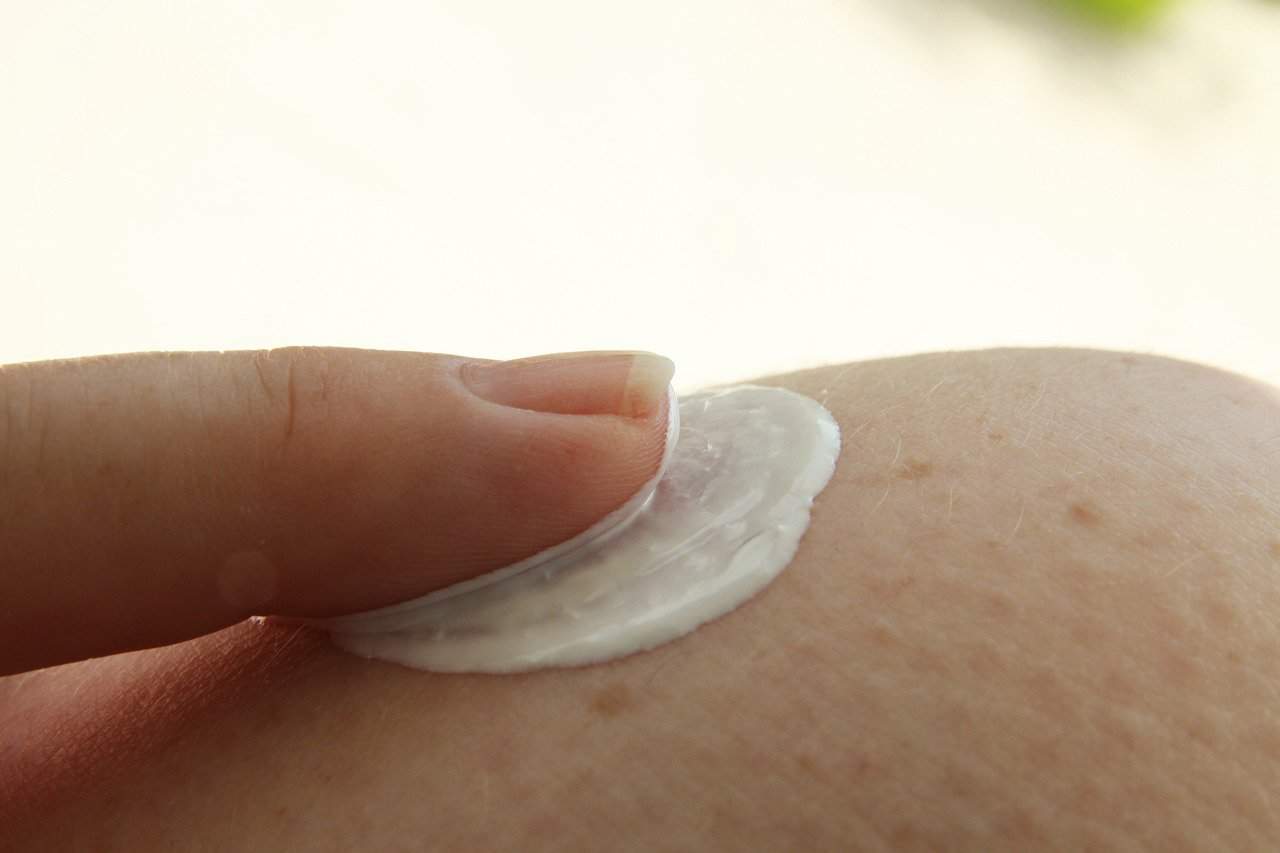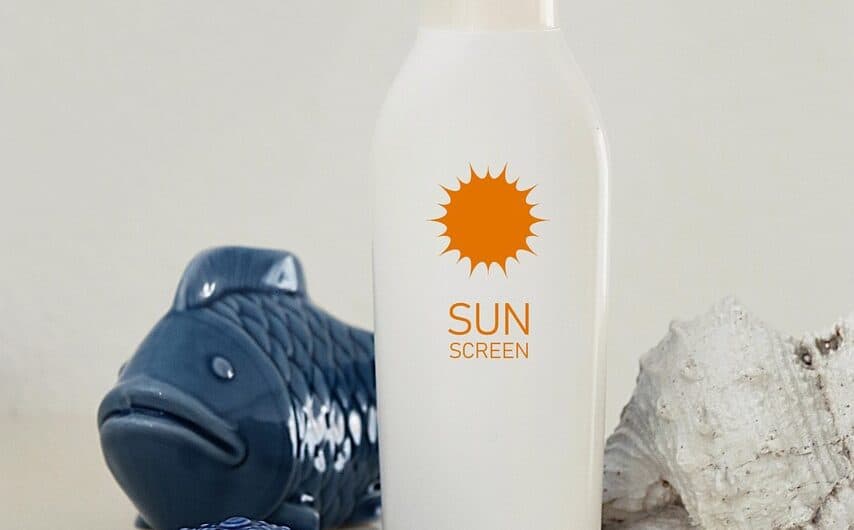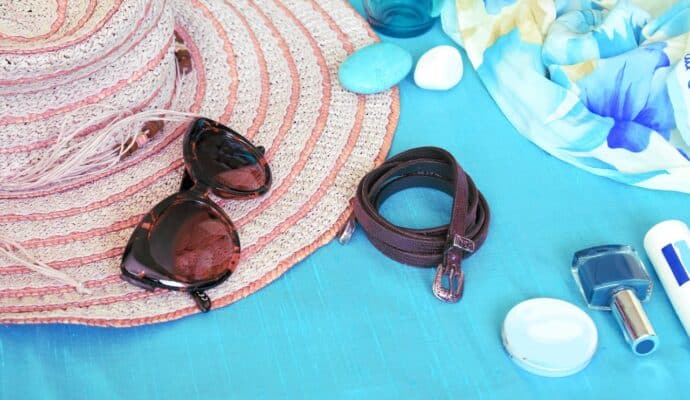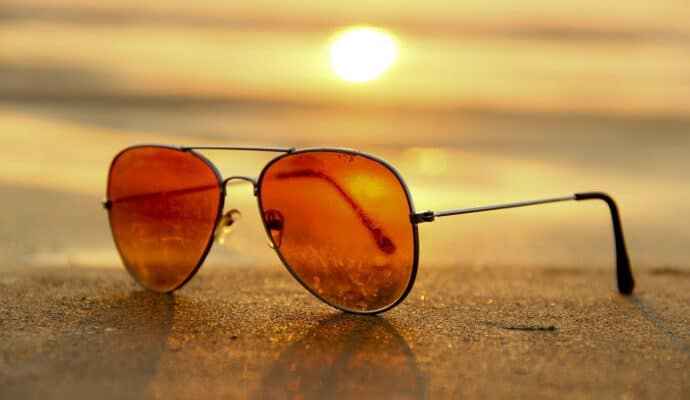While they’re super fun, beach and ski vacations carry the risk of overexposure to damaging UV rays and sometimes we forget about the fact. And while I know I take precautions in the sun, the fact is that sunscreen isn’t enough. Here are important tips for avoiding skin cancer right in time for your summer vacation.

Tips for Avoiding Skin Cancer
We all love those sun-drenched beach days and adrenaline-pumping ski trips, soaking up rays and enjoying the great outdoors. While it’s important to feel the sun on our skin, it’s also essential to give it the proper protection it deserves. Sunscreen isn’t enough. These 6 important tips for avoiding skin cancer include protective clothing and timing how long you stay in the sun.
Tips for Avoiding Skin Cancer: A Growing Concern
Skin cancer is on the rise, impacting millions of Americans every year. It’s the most common form of cancer in the United States, and women aged 26–34 are at a higher risk of developing skin cancer. The most effective way to fight it is by making small, conscious preventive choices—this starts with sunscreen.
Sunscreen: The Right Way To Use It

Applying sunscreen is a no-brainer, but not everyone’s doing it the right way. To get the full benefits of sunscreen, make sure you apply it 30 minutes before heading outdoors and use at least an SPF 30 broad-spectrum. Personally for my family, we use the highest SPF we can find – and that’s usually 70+, especially on our faces, neck, shoulders, and even in my husband’s hair part.
Where people go wrong is thinking that one application is enough. However, you need to reapply it every two hours, especially after swimming, sweating, or toweling off. And don’t overlook spots like your lips, ears, and the back of your neck.
Another mistake is to think that wearing sunscreen means it’s OK to be out in the sun in the middle of the day when the sun’s rays are most intense. Between 10 in the morning and two in the afternoon in the summer, try to find some shade or wear additional protection. If you’re unsure, check out weather apps that will tell you when the sun’s rays are the strongest for the day and stay in the shade or indoors during that time.
And finally, think about how much you drive during sunny summer days. Those UV rays come right through your vehicle’s windows and penetrate your skin. Look into how a window tint can prevent skin cancer and also the regulations imposed on a window tint in your state. Protective window tint film applied to your car’s windows can save you from UV exposure and reduce summer glare while driving.
Beyond Sunscreen: Extra Steps for Sun-Savvy Protection
While sunscreen is a must, going the extra mile can make a significant difference in protecting your skin. Here are some additional tips for avoiding skin cancer.
Hats, Hats, Hats!

Wide-brimmed hats are stylish and provide much-needed shade to your face, neck, and shoulders. Choosing a hat with a broad brim (around three to four inches wide) can genuinely make all the difference. And while you’re shopping, look for a hat that actually states it offers sun protection as well.
Seek the Shade
Consider bringing an umbrella or finding a shady spot to sit—especially between 10 in the morning and two in the afternoon when the sun’s rays are most intense. When we visit theme parks, I like to put a lightweight sun umbrella into our backpack and use it in between rides and attractions.
Sunglasses: Your Secret Weapon

Sunglasses are not just a fashion statement. They provide essential protection for your eyes from UV rays. Opt for sunglasses that block 100 percent of UVA and UVB rays, and choose wraparound lenses for maximum coverage.
And you don’t need to spend a fortune on sunglass, either. A study was performed that actually proved that dollar store sunglasses offer the same amount of protection as brand name ones.
Cover It Up
When out in the sun, consider wearing long-sleeved shirts and long pants made from lightweight and breathable fabrics. There are also clothing options specifically designed with UPF (Ultraviolet Protection Factor) that offer added sun protection.
